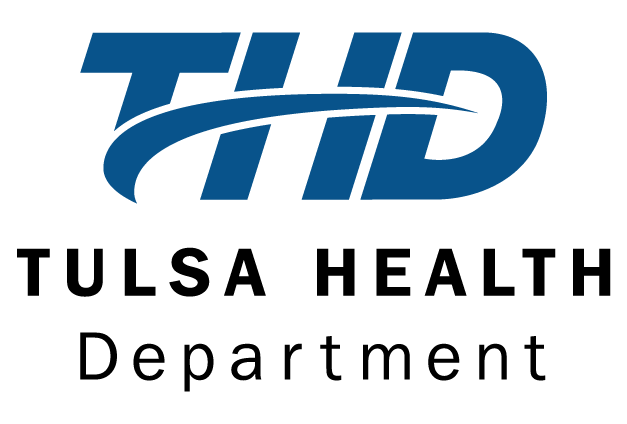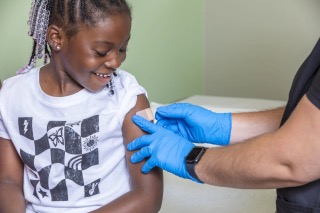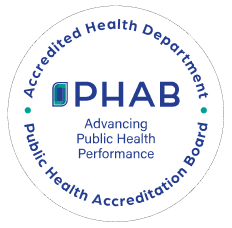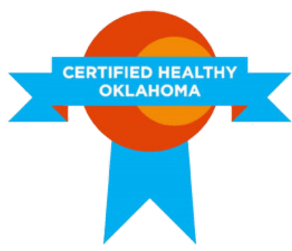TULSA, OK – [September 27, 2016] – The Tulsa Health Department has a long history of working closely with the Tulsa State Fair to ensure that fairgoers can indulge in their favorite fair cuisine without fear of contracting a foodborne illness. This year, the fair will include more than 250 individual food booths that must be inspected for compliance with State food regulations.
“Our staff works hard to educate the fair vendors about food safety and conduct frequent inspections to make sure the vendors are using safe food handling practices,” said Elizabeth Nutt, division chief of environmental health services. “This has proven very effective in protecting the public.”
THD sanitarians will put in 570 man hours throughout the duration of the fair conducting approximately 750 food inspections. They will educate vendors on appropriate food handling procedures and most importantly, ensure that proper hand washing techniques are used.
Additionally, THD’s Regional Prevention Coordinator program offered free Responsible Beverage Service and Sales Training (RBSS) to vendors who plan to serve or sell alcohol at the fair. The purpose of the training is to provide those individuals with the knowledge and skills to serve or sell alcohol safely, responsibly and legally. Evidence shows that a combination of RBSS training and enforcement can reduce sales to underage persons as well as service to those who are already intoxicated. The training was not required but encouraged to help keep everyone safe during the fair.
THD works to safeguard public health through education on safe food handling practices and the regulation of food service establishments. THD performs more than 11,000 inspections of approximately 3,500 food service establishments annually. In addition, approximately 500 food safety training classes are conducted each year to educate restaurant employees and other food employees on food safety.
Regional Prevention Coordinators is a grant funded program established to reduce the rates for underage drinking, adult binge drinking, and the non-medical use of painkillers within Tulsa County. The work of RPC is concentrated on population-level change in Tulsa County by assisting communities in determining the substance abuse problems affecting their constituents and the most effective strategies to address these problems. RPC works with local coalitions and stakeholders to gather data, track trends, and provide training and technical assistance within the community. Additionally, RPC provides support for town hall meetings and assists with local alcohol compliance operations.
For more information please visit www.tulsa-health.org.






